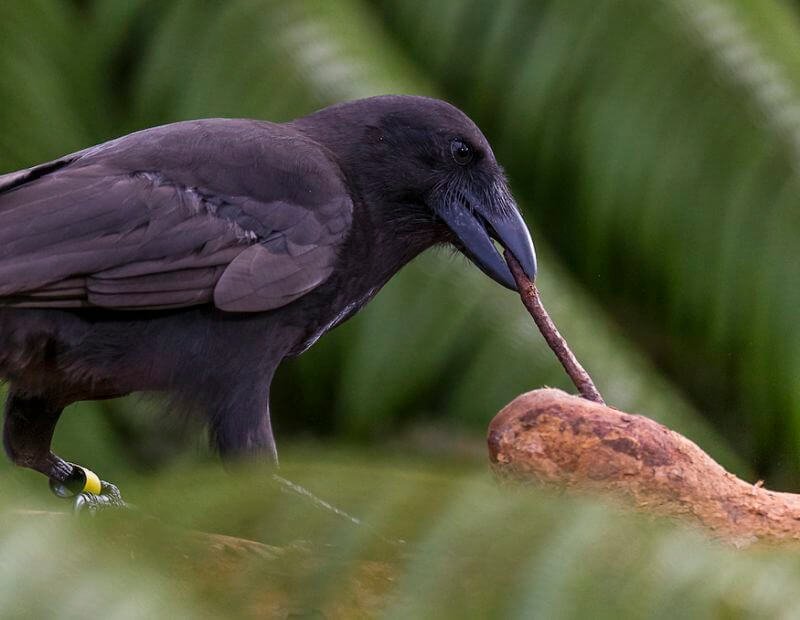Research unveiled on [September 24] in Science finds that crows know what they know and can ponder the content of their own minds, a manifestation of higher intelligence and analytical thought long believed the sole province of humans and a few other higher mammals.
A second study, also in Science, looked in unprecedented detail at the neuroanatomy of pigeons and barn owls, finding hints to the basis of their intelligence that likely applies to corvids’, too.
“Together, the two papers show that intelligence/consciousness are grounded in connectivity and activity patterns of neurons” in the most neuron-dense part of the bird brain, called the pallium, neurobiologist Suzana Herculano-Houzel.
…
Understanding the minds of nonhuman animals promises to shed light on the origins of such cognitive abilities as, in this case, knowing and analyzing the contents of one’s own brain. That’s how people solve challenges and make discoveries — what do I know? what if I look at it this way? — and it’s a pillar of higher intelligence. Knowing what you know is also a form of consciousness, and the discovery that more and more nonhumans seem to have it raises tricky questions about how we treat them.
“In theory, any brain that has a large number of neurons connected into associative circuitry … could be expected to add flexibility and complexity to behavior,” said Herculano-Houzel. “That is my favorite operational definition of intelligence: behavioral flexibility.”































